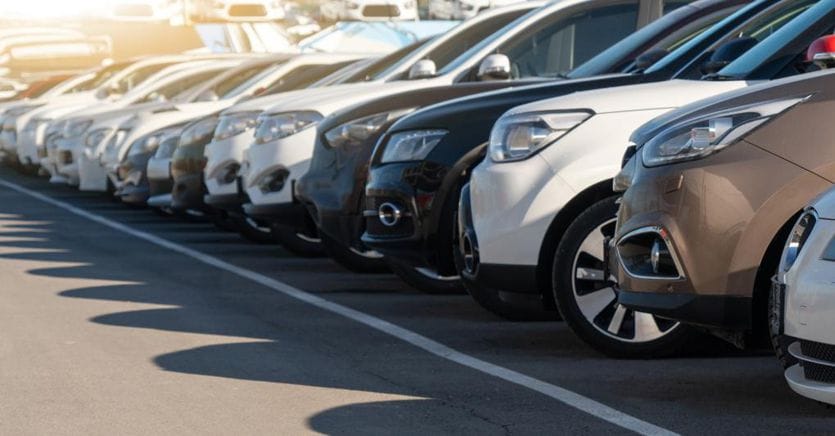With 2 million net passages in the first 8 months, used vehicles have recovered the level of pre-Covid volumes, also assuming that two years ago there were 83,000 km zero to sell in the first half of the year (35,000 now).
Used cars don’t roll off assembly lines and don’t grow on trees. Motorists produce them when they decide to get a new one. But even these are in short supply, given that rent-a-car and zero km are at a glance. Therefore, after having exhausted the stocks, the used ones also start to run out. In August the steps went into the red for 14,000 units. Many large groups predict that they will no longer have cars in November. A large second-hand platform that buys from individuals has also started buying from merchants. And when the supply is scarce, the price goes up. According to InterAutoNews, in the first six months the average price was 15% higher than in 2019, but in recent months the increase has risen to over 20%.
The lack of product means there are more buyers than sellers. At this juncture, giving incentives means giving a gift to those who have already bought their own, with public money: 40 million euros, vouchers for about 50,000 transactions, not immediately reachable given that Euro6 small cars under 25,000 euros are not many. . Better perhaps to give money directly to those who scrape an old Euro zero.
Incentives aside, used cars are kept up by the scarcity of product to be registered, due to the micro-chip crisis but not only. There is a subtle policy of manufacturers, undeclared, to sip the production of cars that do not fall within the mix of the Houses (the Low Emission Vehicles), in order not to exceed CO2 emissions and get fines. Towards the end of the year, this practice will be accentuated: it is better to move the problem to 2022, rather than solve it. In conclusion, the market is asking for certain cars and it wants them now. The industry partly cannot and partly does not want to give them. The market draws on used items. We predicted this years ago, calling it the “Cuba effect”: CO2 gives thanks.
